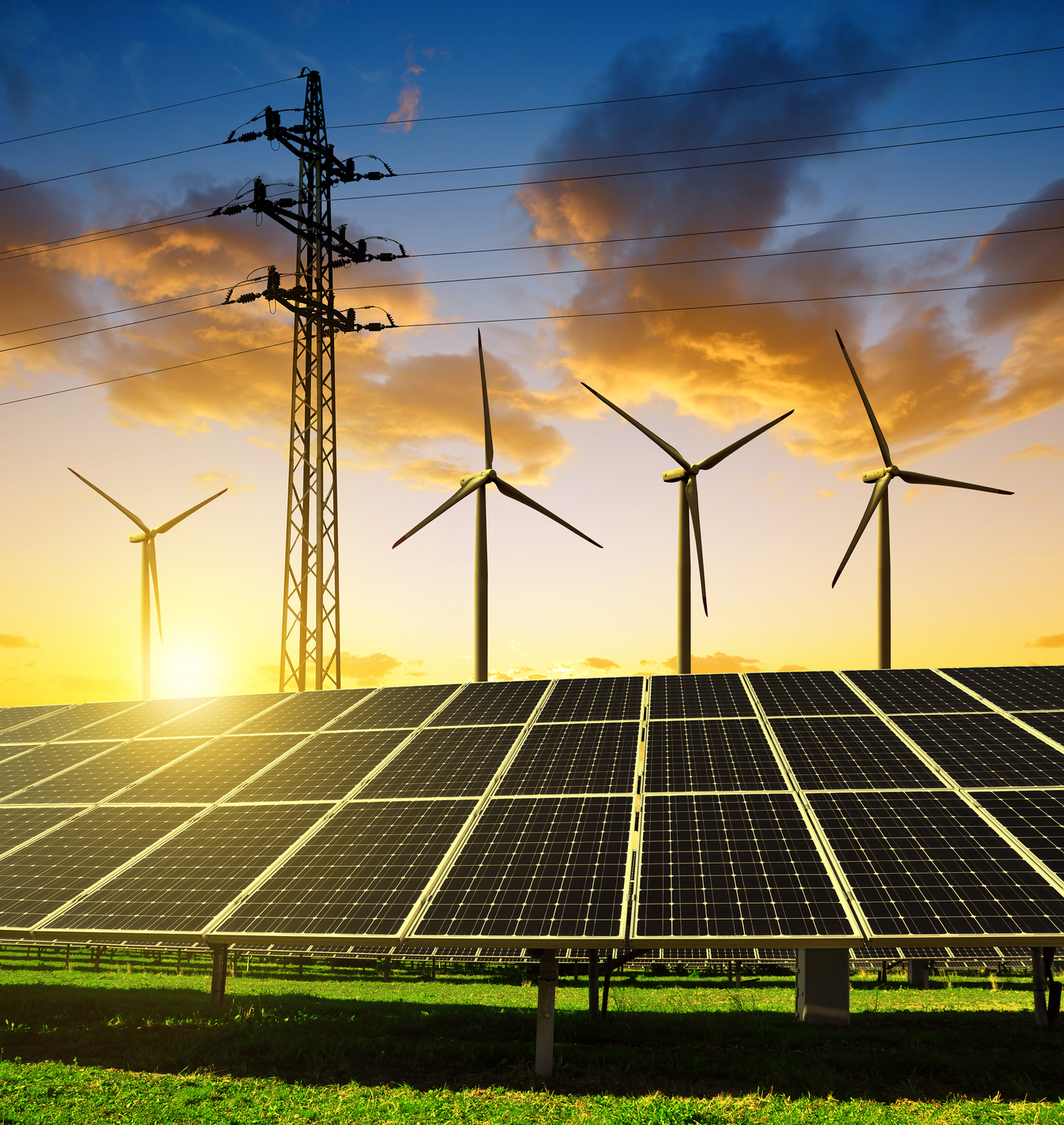MacArthur today announced $20 million in grants, including its first grants to support China’s growing leadership on climate solutions by incentivizing a low-carbon economy.
Three grants, totaling $4.6 million, will support investment in tools, data, and policies to enable a robust carbon emissions trading market in China and training to advance the implementation of environmental laws and regulations. A grant to Energy Foundation China also will establish a new partnership through which future grantmaking can be made to Chinese organizations working on climate solutions.
In India, the Foundation is providing a second round of grants – totaling $12.2 million – to support civil society organizations working with the Indian government on climate policy that promotes air quality, solar deployment, electrification and mobility, and utilities and utility sector reform. MacArthur has maintained an office in India since 1994.
“China presents both the biggest challenge to curbing climate change and one of the most promising solutions,” said Jorgen Thomsen, MacArthur’s Director of Climate Solutions.
“China is on a path to account for 30 percent of total global warming emissions by 2030. Yet, some of the most exciting developments and promising opportunities to address climate change are taking place there. Economic competitiveness is accelerating the nation’s move away from coal consumption. China is seeking to operationalize the world’s largest nationwide carbon market. And it has incorporated its pledge under the Paris Agreement into its Five-Year Plan, which directs its economic and development priorities.”
Today’s announcement brings to more than $236 million MacArthur’s total grantmaking in support of its Climate Solutions Big Bet launched in 2015. The Foundation supports leadership by the United States, India, and China – the world’s three largest emitters of greenhouse gasses – to decrease the carbon-intensity of their economies, reduce emissions, and build political will and public demand for climate solutions.
Through its grantmaking, the Foundation supports efforts to turn the corner on rising emissions of greenhouse gasses by 2025 and limit global warming as close as possible to the scientifically endorsed goal of 2 degrees Celsius above preindustrial levels, a threshold beyond which scientists agree that rising seas, severe droughts, and food and water security become permanent challenges to humankind. To meet that goal, international leadership and cooperation is needed to slow the rate of climate change quickly and to put in place the systemic changes needed to drive down emissions steeply in the long term.
China
MacArthur’s initial $4.6 million investment in China will support three organizations:
- ClientEarth – $800,000 in general operating support for ClientEarth’s China office to provide training and legal assistance to strengthen compliance and implementation of environmental laws;
- Energy Foundation – $3 million in general operating support for Energy Foundation China and its work supporting China’s transition to a sustainable energy future through promotion of energy efficiency and renewable energy; and
- Environmental Defense Fund – $800,000 to support its work assisting the Chinese government on refining and implementing the nation’s carbon emissions trading platform.
India
MacArthur’s $12.2 million investment in India will support 11 global and India-based nonprofits to support these specific projects:
- Alliance for an Energy Efficient Economy (New Delhi) – $1.5 million to continue working with state and central government agencies on energy efficiency and to help meet India’s ambitious effort to improve access to cooling while minimizing environmental impact;
- Center for Study of Science, Technology and Policy (Bengaluru, Karnataka) – Two grants totaling nearly $1.7 million to establish a Center of Excellence in Air Pollution Studies to provide policy advice for improving air quality in India and to develop the policy framework for adding two gigawatts of electricity from rooftop solar in the next four years;
- Centre for Science and Environment (New Delhi) – $1.2 million to support federal action to combat air pollution and assist three Indian cities to develop and implement clean air action plans;
- Council on Energy, Environment and Water (New Delhi) – $920,000 to build and test development models for Indian states, based on their electricity generation, energy consumption, and emission patterns, to help inform decision-making at the state and federal level;
- The Energy and Resources Institute (New Delhi) – Three grants totaling more than $1.9 million to support partnerships with power utilities to enable them to operate more efficiently and share findings across the power sector; to assist policymakers, and the private and public sector to lower global warming refrigerants; and to assist a power utility in West Bengal to design and pilot initiatives for storing renewable energy;
- Idam Infrastructure Advisory Private Limited (Mumbai) – $120,000 to conduct research on the reasons behind slow progress on expanding solar rooftop capacity in urban areas;
- Integrated Research and Action for Development (New Delhi) – $650,000 to propose policies that promote market-based mechanisms to help India meet its clean energy and emission reductions promises made under the Paris Accord;
- The Nature Conservancy – $995,000 to continue work with the Center for Study on Science, Technology, and Policy in using a digital visualization platform to generate land-use maps and scenarios to inform decision makers in two Indian states about the best choices for locating renewable energy generation centers with minimal impact on the environment and forests;
- Prayas (Pune, Maharashtra) – $750,000 in general operating support of its evidence-based policy analysis and advocacy around electricity generation and distribution, and renewable energy;
- Rocky Mountain Institute – $1 million to support the Urban Mobility Lab in India, a platform that enables a replicable process for identifying, integrating, and implementing low-carbon transportation solutions in Indian cities; and
- Shakti Sustainable Energy Foundation (New Delhi) – $1.5 million to support policy work that advances India’s goal to transition to 100 percent electric vehicles within two decades.
- In addition, the Natural Resources Defense Council will receive $3 million in general operating support for its work promoting environmental protections and clean energy solutions in the United States, China, and India.
MacArthur’s efforts to combat climate change build on its nearly 40-year history in conservation and environmental stewardship, from preserving biodiversity, forests, and waterways to making impact investments and grants that have helped promote and advance energy efficiency and renewable energy.




